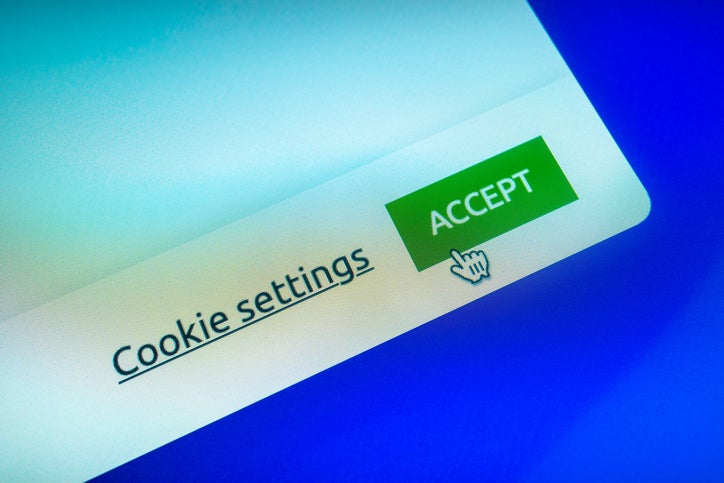
Google has started to test changes to the way companies can track users through third-party cookies on its landmark web browser Google Chrome.
The new browser feature from the search engine giant disables all third-party cookies. Third-party cookies are small files that collect users’ analytic data to track someone’s online activity and provide personalised advertisements.

Access deeper industry intelligence
Experience unmatched clarity with a single platform that combines unique data, AI, and human expertise.
Google said the feature will initially be rolled out to around 30 million people, or just 1% of global users.
“We’re taking a responsible approach to phasing out third-party cookies in Chrome,” Anthony Chavez, Google vice-president, wrote in a blog post.
“If a site doesn’t work without third-party cookies and Chrome notices you’re having issues… we’ll prompt you with an option to temporarily re-enable third-party cookies for that website,” he added.
Eli Heath, head of identity at Lotame, told Verdict that the change is “relatively minor considering that 30% of browsers, such as Safari and Firefox, already do not support third-party cookies”.

US Tariffs are shifting - will you react or anticipate?
Don’t let policy changes catch you off guard. Stay proactive with real-time data and expert analysis.
By GlobalData“This small percentage is unlikely to drive significant changes among buyers, as demand side platforms [advertisers] will simply adjust their traffic optimisation strategies for Chrome browsers that still use cookies,” he added.
Google has described the change as a test period and plans to roll out the feature fully in the second half of 2024.
Heath claims that the testing phase “should serve as a wake-up call to re-energize and intensify efforts in testing cookie-less solutions”.
“If we can identify and isolate the 1% of impacted Chrome browsers, it could provide valuable insights into the effectiveness of post-cookie solutions,” Heath told Verdict.







